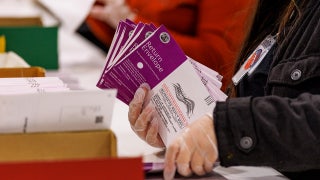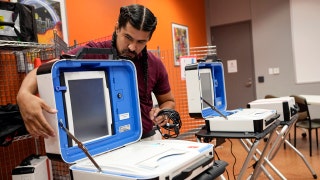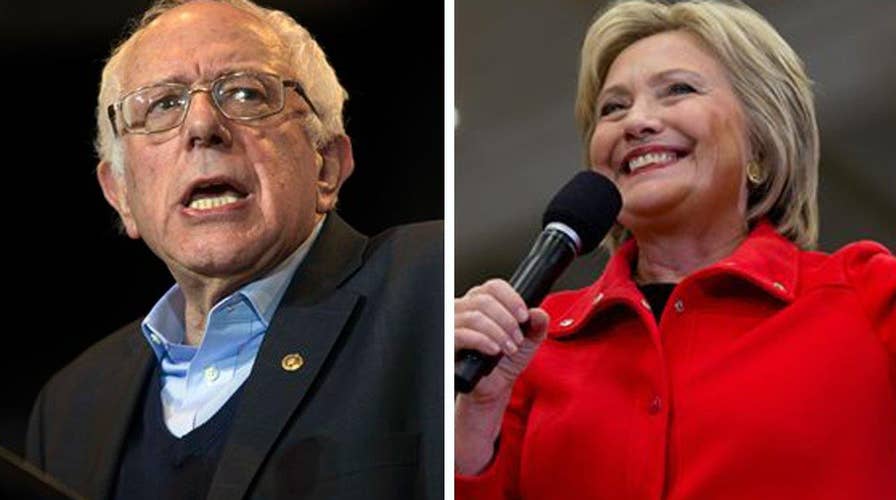Will the Bernie Sanders effect 'Bern' Hillary in Iowa?
Enthusiasm on the ground appears to show Democratic millennials are 'feeling the Bern' and that could mean trouble for Hillary Clinton amid tight race in the Iowa caucuses. 'On the Record' takes a closer look
Sen. Bernie Sanders on Sunday acknowledged that voter turnout will determine whether he wins the Iowa Caucus, while front-running Hillary Clinton faced more questions about her email scandal, as the top-two Democratic presidential candidates made closing arguments before voting begins.
“If working people and low-income people and young people come out to vote, we will win this thing,” Sanders, a Vermont independent, told ABC’s “This Week.” “I think we have a shot to win it, if people come out.”
The front-running Clinton is clinging to a slight lead in Iowa, 45-to-42, with the-first-in-the-nation voting Monday, according to a Des Moines Register-Bloomberg Politics poll released late Saturday.
Sanders, who in recent weeks has expressed concerns about voter turnout, has essentially tied with Clinton in Iowa at several points during the fall and winter, most recently in mid- and late-January.
On Sunday, Clinton was again in the familiar and unfavorable position of having to defend her use of a private email system for official correspondence while secretary of state.
On Friday, the State Department said it had found 22 “top secret” emails that it would not release, as part of a court order to make public Clinton’s email correspondence.
“It’s a continuation of a story that’s been playing out for months,” Clinton told ABC.
Clinton also said that none of the emails was marked classified at the time, an argument she has made since last spring when she disclosed her server/private email setup.
And she again called for the emails to be released, in an apparent effort to help end the controversy.
“I do want them released,” she said. “I want to see them disclosed.”
Clinton, in her closing argument to Iowa caucusers, also declared herself a progressive eager to continue President Obama’s efforts to make health insurance available to every American and to “get the economy rising.”
“I have big goals,” she told ABC. “I won't overpromise and under deliver.”
Sanders, a self-described Democratic Socialist, said he wasn’t surprised about how well his insurgent campaign has done against the Clinton political machine, arguing he knew his message about “the economy being rigged” and how “billionaires can buy elections” would resonate with voters.
However, he acknowledged not expecting the connection to “happen as fast as it did.”
Sanders again declined to attack Clinton over the email controversy, but said it was indeed “an issue.” However, he said Clinton “will be the problem,” not him, if Democrats do poorly in congressional races because her campaign lacks energy and enthusiasm.












































